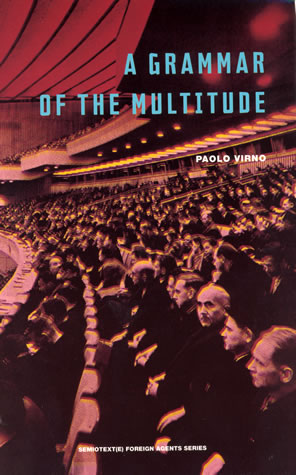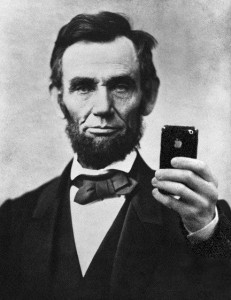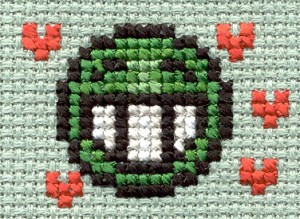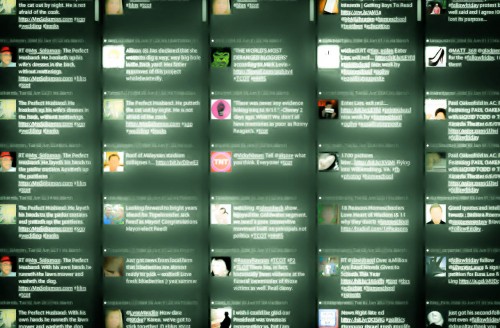Labor and non-labor develop an identical form of productivity, based on the exercise of generic human faculties: language, memory, sociability, ethical and aesthetic inclinations, the capacity for abstraction and learning. From the point of view of “what” is done and “how” it is done, there is no substantial difference between employment and unemployment. It could be said that: unemployment is non-remunerated labor and labor, in turn, is remunerated unemployment. -Virno (Grammar of the Multitude, p. 103)
I’m deep into my second comprehensive exam, so I’m going to self-servingly post some notes on various things I’m reading. (Feedback is most welcome.) Though Paulo Virno only mentions the Web once in In Grammar of the Multitude (p. 43), the four lectures that comprise the book are of deep relevance to the political economy of social media, particularly in situating them in the broader historical trend toward post-Fordist production.
Let’s start by unpacking that phrase “post-Fordism.” Fordism refers to Henry Ford’s innovations in assembly line production in his automotive plants. The assembly line had profound social consequences in that it made the tasks of each worker so repetitive and simplified that anyone could do them. That is to say, the assembly line created a de-skilled workforce. Fordism is also generally linked to Taylorism, which refers to Fredrick Taylor’s attempts to introduce scientific rationality in the workplace through time-and-motion studies and pay-for-performance. more...









